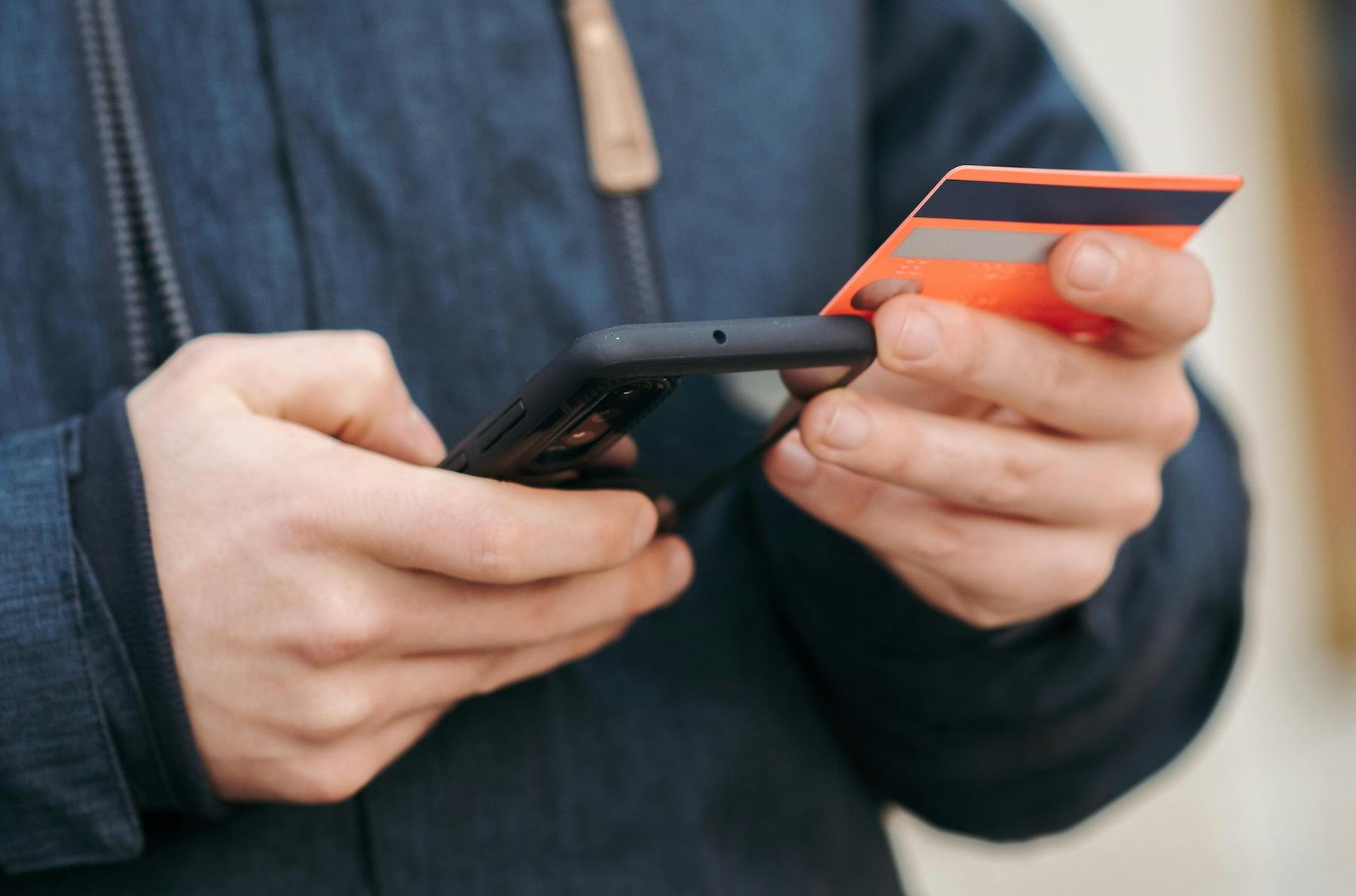You’ve finally committed to making your first crypto purchase, but then you go to make it only to find that the transaction has been blocked by your bank. As annoying as this is, you’re not alone in having this occur, and you’re not out of luck in terms of being able to buy crypto.
There are options for you if your bank has blocked your crypto purchase transactions, which we’re going to discuss shortly, but first let’s discuss why banks block crypto transactions in the first place.
Why Banks Block Crypto Transactions
Legality
There are a variety of reasons why banks block crypto transactions, the most obvious reason being the legality of buying cryptocurrencies from your location. There are many jurisdictions which are restricted from buying crypto through specific platforms.
For example, Canadian and US users can’t use Binance Exchange anymore, meaning your bank would block you from trying to send funds there. Likewise, there are simply jurisdictions like North Korea where you’re simply banned from buying crypto through any platform.
Chargebacks
Cryptocurrencies are extremely volatile assets, which means that sometimes people will buy an asset only for it to plummet in value within the next few days. Though not everyone will try to do this, some people will then try to file a chargeback with their bank, which is a pain for every party involved, especially the bank. As a result, most credit card issuers have decided to simply block their cards from being used for crypto purchases.
Money Laundering
Though it is much more difficult than it used to be to launder money through cryptocurrencies, there are certainly those that will try to do so. Many banks would rather not deal with this possibility and will just choose to not deal with crypto platforms as a result.
Your Options if Your Bank Blocks a Crypto Transaction
There are a couple things you can do if your bank has blocked your crypto transaction through your credit/debit cards. It should be noted that if you’re blocked from buying crypto due to it being illegal to buy from your jurisdiction, that these aren’t options for you.
Bank Transfer/Email Money Transfer
Buying crypto using your debit and/or credit card is almost certainly a transaction that your bank will block. Sometimes the first time you go to make a purchase it will work but then it will be blocked the second time once the bank realizes where the funds went. In this case, your best option is to use some sort of money transfer.
Your options will depend on where you’re located, but a bank/wire transfer to the exchange should almost certainly be processed normally. If you’re in Canada you can use an Interac e-Transfer, whereas in the US you could use something like PayPal with Coinbase or even Apple Pay in some cases.
P2P Exchanges
Peer-to-peer (P2P) exchanges aren’t as popular as regular cryptocurrency exchanges, but they can be useful for those looking to buy crypto through an alternative option such as PayPal or whatever payment method the seller accepts. Most P2P exchanges use some sort of escrow system to ensure no party is scammed, but there is also feedback for sellers so you can see how previous buyers felt about the process too.
Use a Different Bank
This one is pretty straightforward and we won’t devote too much time to it but different financial institutions have different restrictions regarding crypto. Therefore it can be useful to try a couple different debit or credit cards.
For example Capital One might be fine processing crypto exchange transfers while JPMorgan Chase might immediately reject the transfer. Or vice versa.
Closing Thoughts
Though it can be frustrating to have your crypto transaction blocked by your bank, you’re not out of luck. There are ways you can still purchase digital assets, they just may not be as fast as making an instant purchase using your credit or debit card.
It’s also worth noting that when you make an instant purchase using a payment card you’re often charged extra fees by both your bank and the payment processor. This means you’ll often get more bang for your buck if you use a money transfer instead of your card.
